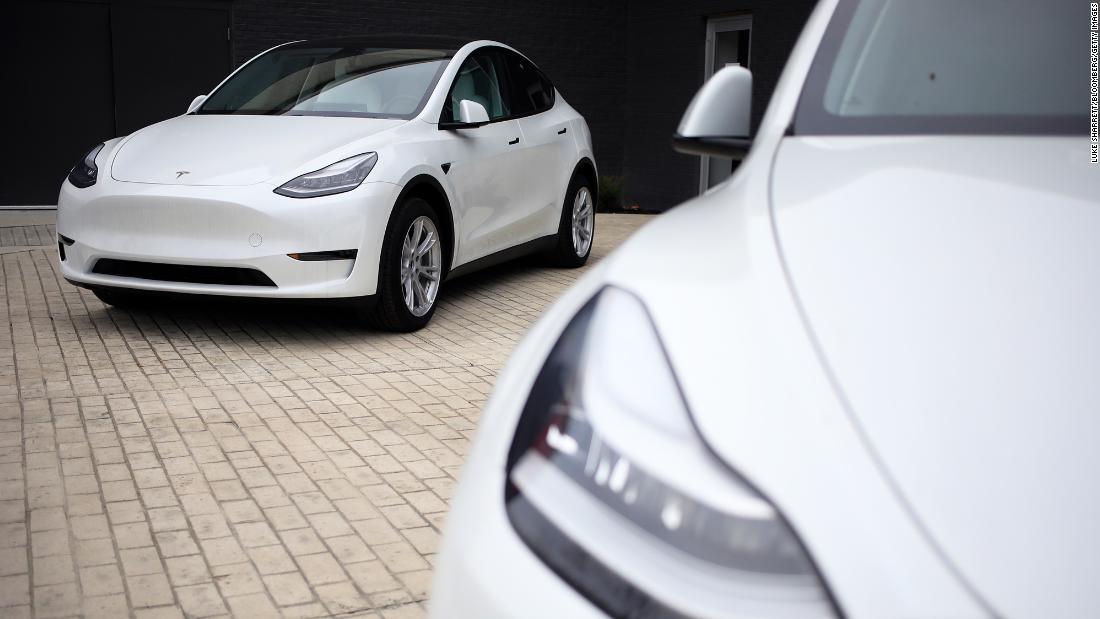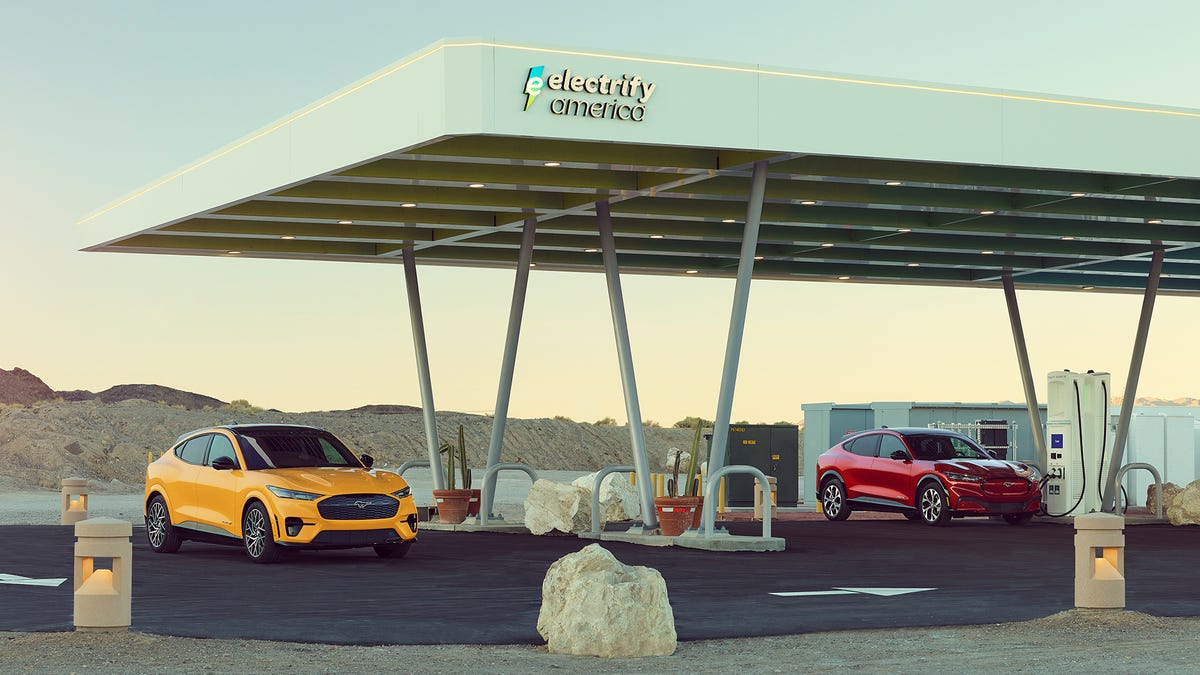That is the opinion of Wall St. investors, who think it could be a money loser by 2030.
New research from Morgan Stanley argues that traditional internal combustion engines—the mainstay of automobiles for more than a century—are destined to become money-losers as early as 2030. “We believe the market may be ascribing zero (or even negative?) value for ICE-derived revenues at GM and Ford,” auto analyst Adam Jonas wrote in a Jan. 29 analysis. He lists a variety of factors likely to “transform what were once profit-generating assets into potentially loss-making and cash-burning businesses.”
And more of the story I find interesting:
The investing firm recently surveyed institutional investors on the value of internal-combustion technology at GM and Ford.
Seventeen percent said ICE technology had no value or negative value today. Sixty percent rated ICE technology as slightly positive, while 23% said it was a significantly positive value. That’s with electrification technology still in the early innings: total market share for fully electric vehicles is still less than 3%.
Risk in adapting too slowly
But essentially all of the growth in powertrain adoption in coming years will be electric, while ICE powertrains are certain to decline. The risk for automakers isn’t adapting too quickly and getting ahead of the market. It’s adapting too slowly and becoming overly reliant on dying technology consumers may no longer want as electrics get cheaper and range improves. That extends to factory capacity, with ICE assembly lines possibly becoming stranded assets with no market value. It would cost automakers money to disassemble or convert them to valuable use, thus the possibility of negative value
Investors are beginning to value internal-combustion technology at 0 or less, which is forcing the faster adoption of electrics at GM, Ford and other automakers.

www.yahoo.com
I would say that this claim is ridiculous.
But as it relates to the fashionable claims about Tesla, and electric cars, the news isn't all that good for those who care to read up.
Tesla posted its first full year of net income in 2020 -- but not because of sales to its customers.

www.cnn.com
There are massive subsidies that keep Tesla afloat.
To clarify I am referring exclusively to subsidies that directly go to the profits of the company. A research grant, can't be used as profit. It has to be spent on the research the grant is for.
For example, the $7,000 Federal Subsidy for buying an electric vehicle.
That subsidy is now gone as of the end of 2020. Will people continue buying Tesla's at the same rate, when the subsidy is not there?
That's a question that is difficult to answer.
Moreover, as this article points out, Tesla is at the benefit of a government scheme.
Eleven states require automakers sell a certain percentage of zero-emissions vehicles by 2025. If they can't, the automakers have to buy
regulatory credits from another automaker that meets those requirements -- such as Tesla, which exclusively sells electric cars.
It's a lucrative business for Tesla -- bringing in $3.3 billion over the course of the last five years, nearly half of that in 2020 alone. The $1.6 billion in regulatory credits it received last year far outweighed Tesla's
net income of $721 million -- meaning Tesla would have otherwise posted a net loss in 2020.
So just to repeat, without those government subsidies, Tesla would have posted a net loss last year.
And here's the kicker. All of those credits that Tesla depend on, are going to disappear. Every car maker is going to produce just enough EVs to dodge the government credit, which will doom Tesla. And then it will end up wrecking the entire EV market.
If the automaker can't sell a percentage of zero-emission vehicles, they have to buy a credit for one that can. What if all the other companies can't either? Then system falls apart.
Further, we've seen this throughout the world.
Norway exempts EVs from the 25% VAT tax, which on a $40,000 would be $10,000 in taxes. Norway was planning to phase out the exemption.
Will people continue to buy EVs in Norway, at the same rate, when they now have to pay $10,000 or more, for the same car?
Similarly, China also was had a 5-year subsidy for EVs, that started in 2016. The government has openly said that part of the reason they are considering phasing out the subsidy, is because firms are utterly dependent on it.
Germany has already ended their largest subsidy in 2018, but still has a smaller subsidy running of about $4,000 on the purchase of specific EV models.
The the basic problem is, all of these are costing the government money, and unless you missed the memo, most governments are in massive debt.
Either the subsidies for EVs will all be phased out, or the government will have to cut education and health care funding. Which do you think will happen?
Similarly, states like California that still have state level subsidies, will also have the same problem. I think we already know that California is already in budget problems as is.
So while the big boom in EVs has clearly taken place, I am still highly skeptical that in the long run that it is sustainable as a replacement for gasoline cars.


